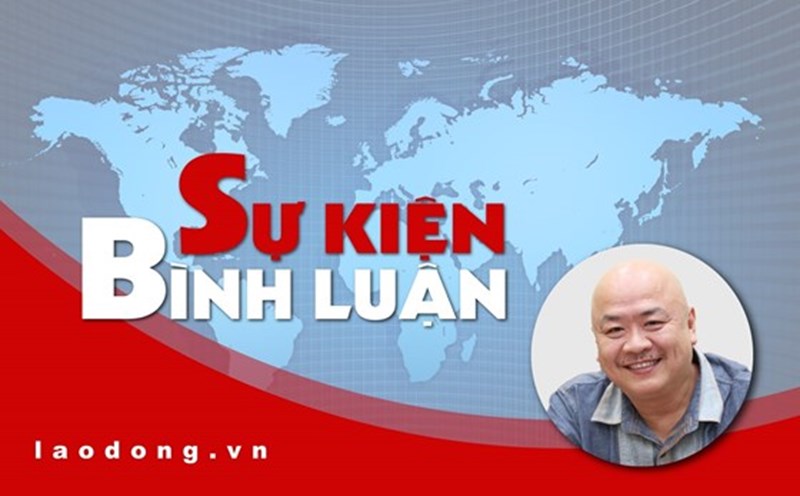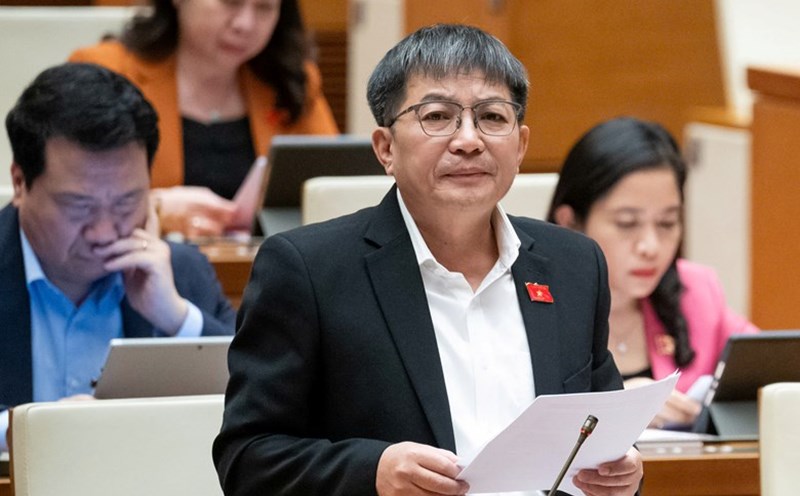On December 25, information from the Ministry of Justice said that the Ministry of Home Affairs has just submitted a proposal to build the Law on Cadres and Civil Servants (amended).
In particular, the Ministry of Home Affairs proposed policies to perfect regulations on mechanisms to encourage and protect dynamic, creative cadres and civil servants who dare to think, dare to do, dare to take responsibility for the common good; mechanisms to create sources, attract, and make use of high-quality human resources to work in the apparatus of the political system.
Proposed solutions to implement the above policy include: The rights of cadres and civil servants are encouraged and protected in performing their duties; The obligations of cadres and civil servants are responsible for their work; they are proactive, creative, dare to think, dare to do, and flexible in performing their duties;
It is strictly forbidden to show or act of avoiding, shirking, not performing or improperly or incompletely performing duties and tasks as prescribed by law, internal rules and regulations of agencies, organizations, units or tasks assigned by competent authorities without justifiable reasons;
Mechanism to exclude, exempt or reduce responsibility for officials and civil servants when implementing innovative and creative proposals;
Develop a mechanism to train, screen, and select high-quality human resources right from the learning environment; Develop an assessment mechanism to regularly screen the team based on the principle of in-out, up-down; link task performance results with training opportunities, promotion, and salary;
Perfecting income policies and strong enough remuneration policies so that civil servants can work with peace of mind and dedication; building "breakthrough" policies for talented people in public service.
According to the Ministry of Home Affairs, the above plan will save hundreds of billions of VND each year (from the situation of avoiding, pushing, not performing or improperly performing, not fully performing responsibilities and tasks according to the provisions of law, regulations, rules of agencies, organizations, units or tasks assigned by competent authorities without legitimate reasons...), not to mention invisible costs (time and material for meetings, reviews, assessments, arising when having to consult competent authorities on related issues).
At the same time, it contributes to saving time, material costs, preventing embezzlement and corruption, practicing thrift and fighting waste.
In addition, the impact on people and businesses will benefit directly and indirectly from attracting talented people to work in the state apparatus; the communication culture of officials and civil servants.











